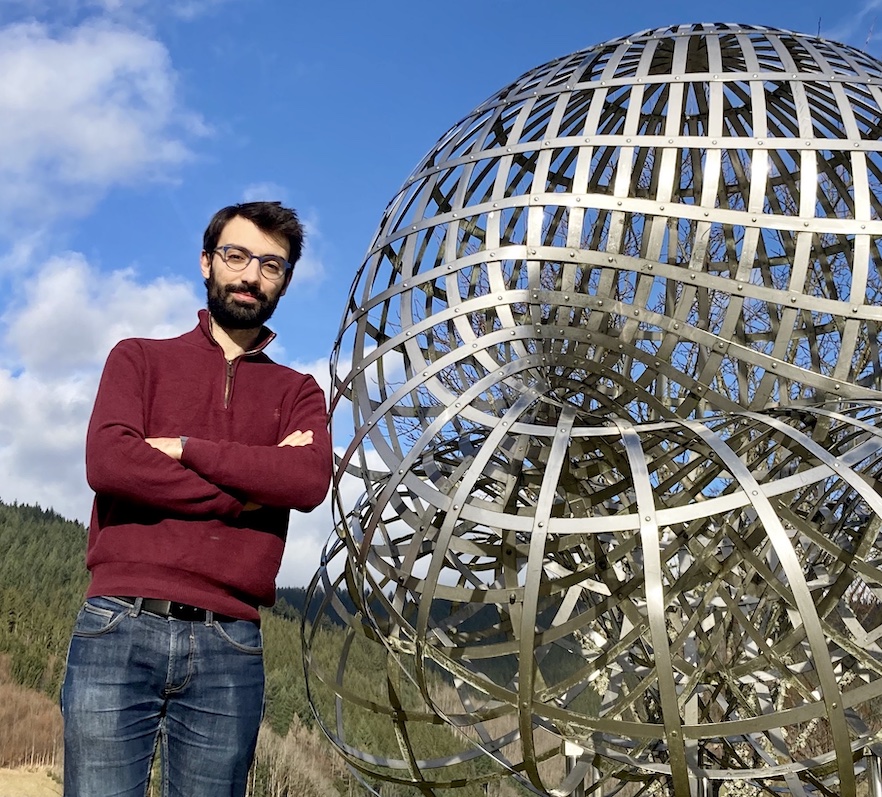About
I am currently a Professor at Ecole des Ponts - Institut Polytechnique de Paris since April 2023. I am a also visiting faculty (KIAS Scholar) at the Korean Institute for Advanced Study. Since 2025, I have an internal chair of Hi!Paris (Institut Polytechnique de Paris) on AI for Mathematics. I am a faculty member of the CERMICS since 2019.
In 2019-2020, I was a Research Associate at Rutgers University (on leave from Ecole des Ponts), working with Benedetto Piccoli. Prior to this I was a Ph.D. candidate at Sorbonne Université (UPMC) in the Laboratory Jacques-Louis Lions, under the supervision of Jean-Michel Coron, and the joint supervision of Sébastien Boyaval (Ecole des Ponts Paristech, Laboratory of Hydraulic Saint-Venant).
I had the chance to have an invited stay at the Forschungsinstitut für Mathematik at ETH Zürich in 2017 (long visit), at the Department of Mathematics at Tongji University in 2018 (long visit), at the Department of Mathematics of EPFL in 2022 (short visit), at the Department of Mathematical Sciences of Rutgers University-Camden in 2022 (short visit), and at the Department of Mathematics of Peking University in 2024 (long visit) as laureate of the program Young Talent French-China. In 2024, I have been invited to the Harvard CMSA program on Mathematics and Machine Learning. I was also an Oberwolfach Research Fellow / Research in Pairs in February 2022.
Here is a CV .
You can contact me at: amaury.hayat "at" enpc.fr
Current research interests:
On the one hand, I study the stabilization of partial differential equations (PDE) and systems of PDEs. That is the ability to make a system stable when one has a means of control on it. On the other hand, I also study the design and use of AI models to solve advanced mathematical problems, with the aim of helping mathematicians find solutions to open problems in mathematics.

